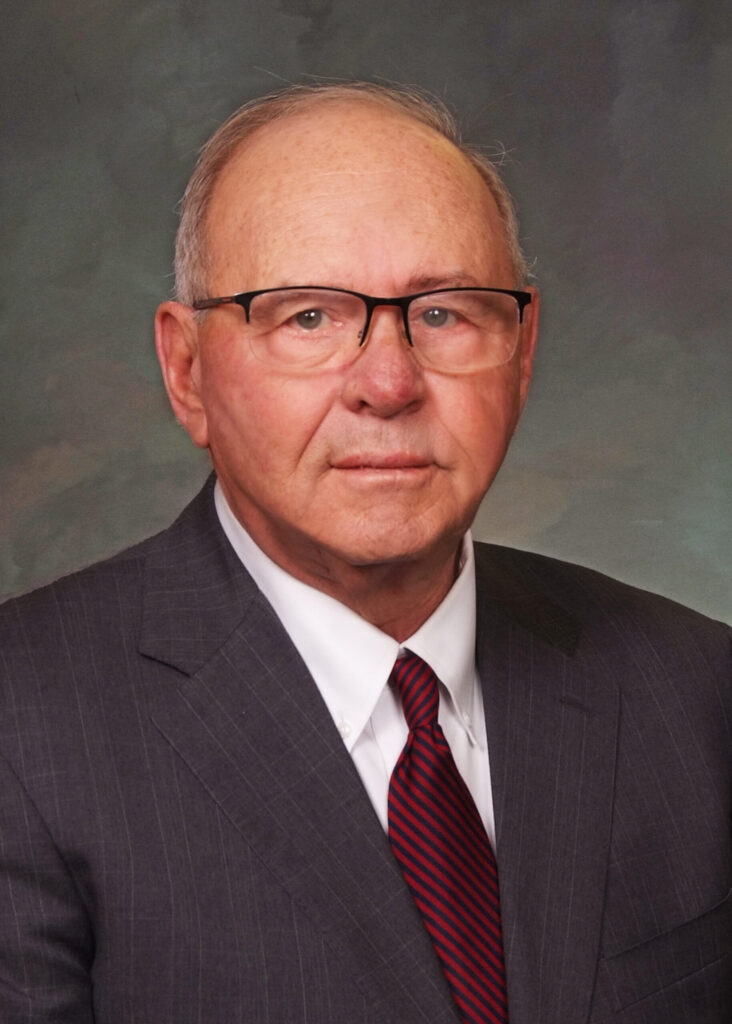Aging pols peddle policies of the past | HUDSON
I first voted for president in 1972, when I was 27. In 1964, I was 19 and the voting age wouldn’t drop to 18 for another five years. In 1968 I was serving overseas with the U. S. Navy and, unlike today, there was little or no effort to help a sailor cast an absentee ballot. The decision to lower the voting threshold was directly related to the public uproar over our Vietnam adventure which relied on drafting 18-year-old men to “keep Southeast Asia safe for democracy.” Suffrage advocates reasonably argued if you were old enough to be killed for your country, it only made sense you should be entitled to vote as well. Even supporters of the war hesitated to step in front of that crusade, whatever they may have privately felt. Once approved as a constitutional amendment, American military branches recognized they better attempt to deliver ballots to the troops.
My vote in 1972 probably wasn’t illegal, but it surely ran counter to the intention of Maryland’s election law. I knew I would be moving my family to Denver at the end of October to take a job with Mountain Bell in Denver. I clearly wouldn’t have resided in Colorado long enough to register and cast a ballot there, so I applied for an absentee ballot in the Free State. I mostly wanted to cast my vote for our U. S. Senator, Joe Tydings, who was seeking re-election and someone I knew well. Tydings had been the Senate’s promising young liberal with a bright Democratic future until the National Rifle Association targeted him for several modest gun registration proposals. His unexpected defeat would be the election result that first struck terror through congressional ranks. As for my own presidential ballot, I wrote in Birch Bayh, an equally promising Indiana senator. Two years later I found myself doing some modest speechwriting for Gary Hart, who emerged as the bright, young Colorado Democrat assuming Tydings’ progressive role in the U.S. Senate.
During the four decades between 1952 and 1992, every president entering the White House had served in uniform during World War II. While they may have been members of the “Greatest Generation,” as Tom Brokaw dubbed them, they were getting long-in-the-tooth and blocking the doorway for Baby Boomers. Gerontocracy is not a new thing. I was 47 by 1992 and more than ready to see my peers start making decisions I was required to live with, while the solons actually crafting legislation were headed for life’s exit. George H. W. Bush served assuredly, and Ross Perot had some interesting things to say, but Bill Clinton was of my generation. I would have supported him for that reason alone, even if he were the Republican, and Bush the Democratic candidate. Yet, without Perot’s 20% slice of the national vote, where two of every three voters were registered Republicans, Clinton likely would have lost. In an intriguing footnote here in Colorado, Perot won a little more than 30% — his largest margin anywhere.
Now, decades later, we’ve witnessed Boomers residing in the White House for 33 years, and the current incumbent keeps making noises about seeking a third term at age 82, which, if successful, would match the Greatest Generation’s 40-year dynasty. (This aspiration is, of course, constitutionally prohibited.) Technically, Obama was late to the Boomer party by a year, but we should include him as an honorary fellow traveler. Most of this batch were born before the appearance of pantyhose, frozen meals, personal computers, cable TV, hip replacements and credit cards, much less cellphones, the internet, GPS, social media, and artificial intelligence. The average age of congressional incumbents has grown by a decade since 1982, now clocking in at 58. Longer lives and healthier aging has similarly boosted the average age of college presidents and Fortune 500 CEOs by the same decade.
Nonetheless, geriatric research tells us “executive function” starts to decline at age 60, measured in terms of the quality of decisions reached. This is not to say many individuals do not retain the acuteness of intellect they displayed when younger. Nor, does it discount the merit of experience and the wisdom it imparts. What aging leaders often display, however, is a lack of familiarity with current social and economic conditions. Historians note that military generals frequently fight their last war, just as Congress addresses our present challenges as an extension of the past they remember. This hurtles public policy down blind alleys. Whatever positive purpose student loans served in the ‘60s and ‘70s, they accelerated the cost of higher education at triple the rate of inflation. The same goes for the cost of health care. Neither ladling larger subsidies to healthcare providers nor shunting the sick into bankruptcy court makes a particle of sense.
The peak year for Nobel Prize awards is age 35, when candidates first become eligible to serve as president. A survey of 17,000 companies found there is a consistent negative relationship between leadership age and managerial success, measured in terms of profitability. We find it reasonable to require early retirement for airline pilots, air traffic controllers, police officers and even judges, with the dubious exception fofor the Supreme Court. Why not the same requirement for legislators? Admittedly ageism can be a problem in the workplace but usually afflicts middle managers more than the C suite. In politics, if we limited incumbents, they could continue to play an important role serving on commissions, investigating committees and governing boards where their knowledge of policy history would provide valuable perspective. It is a profound ethical failure, it seems to me, when politicians reach their eighth and ninth decades still formulating public policy premised on the reflection glimpsed in their rear-view mirrors. Healthy, anticipatory democracy should survey what lies ahead.
Miller Hudson is a public affairs consultant and a former Colorado legislator.











